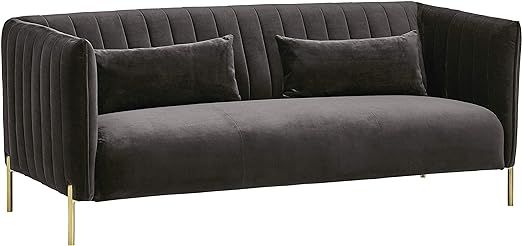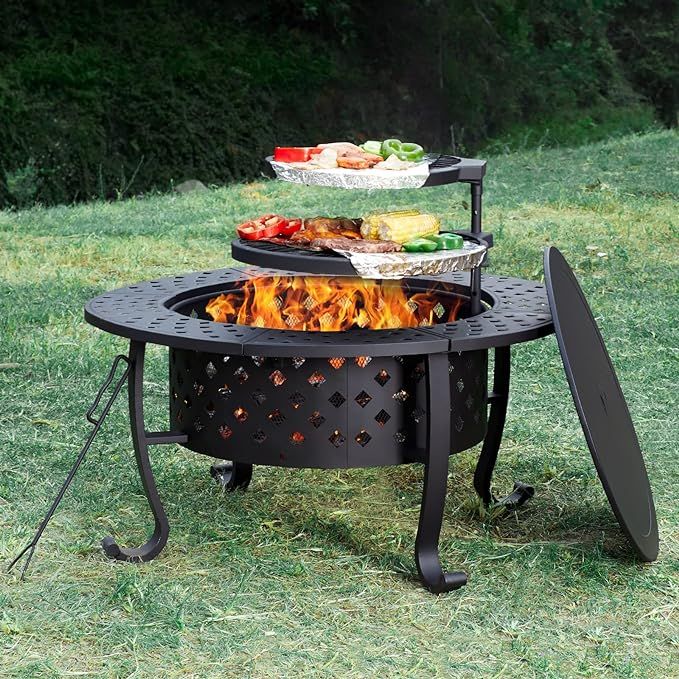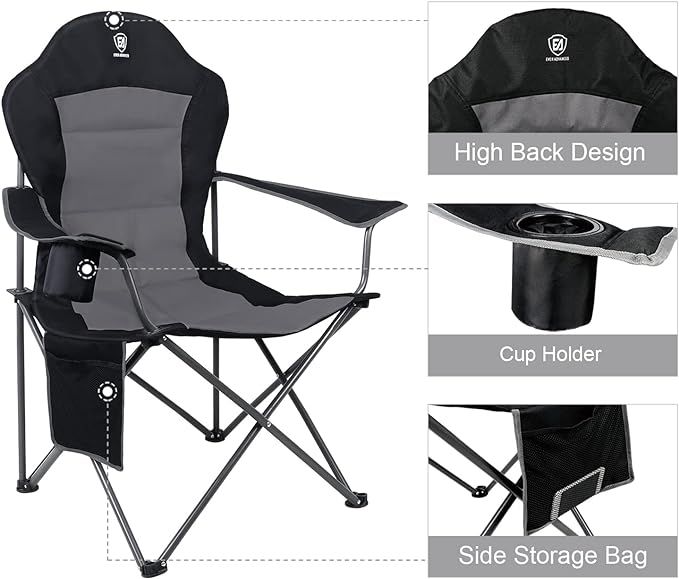The Timeless Allure of Leather Couches: A Guide to Use and Maintenance

When it comes to choosing furniture for your home, few items exude elegance and timeless appeal quite like a leather couch. Leather couches are not just pieces of furniture; they are investments that can last for generations if cared for properly. In this article, we will explore what leather couches are, why they are so popular, and provide a comprehensive guide on how to use and maintain them to ensure they remain in pristine condition for years to come.
What are Leather Couches?
Leather couches are luxurious pieces of furniture crafted using genuine leather hides as the primary upholstery material. Genuine leather, often derived from cowhide, is prized for its durability, comfort, and distinctive look. The process of making a leather couch involves tanning and treating the leather to enhance its strength and appearance. Leather couches come in various styles, sizes, and colors, making them suitable for a wide range of interior designs.
-
Timeless Elegance: Leather couches have a classic and sophisticated appearance that can elevate the aesthetics of any room. They effortlessly blend with both traditional and modern decor.
-
Durability: Genuine leather is incredibly robust and resistant to wear and tear. With proper care, a leather couch can last for many years, often outliving fabric or synthetic alternatives.
-
Comfort: Leather becomes softer and more comfortable over time as it molds to your body's shape. It is cool in the summer and warm in the winter, providing a comfortable seating experience year-round.
-
Easy Maintenance: Leather is relatively easy to clean and maintain, making it an ideal choice for households with children or pets. Most spills can be wiped away with a damp cloth, and leather is less likely to trap allergens.
1. Placement:
-
Avoid Direct Sunlight: Prolonged exposure to direct sunlight can cause leather to fade and dry out. Position your leather couch away from windows or use window coverings to protect it from harsh UV rays.
-
Adequate Ventilation: Ensure there is adequate air circulation around your leather couch. Avoid placing it against walls or in damp, humid areas to prevent mold or mildew growth.
2. Cleaning:
-
Regular Dusting: Dust your leather couch regularly with a soft, dry cloth or a vacuum cleaner equipped with a brush attachment to prevent dust and dirt from settling into the leather's pores.
-
Spot Cleaning: Address spills and stains promptly. Blot liquid spills with a clean cloth and clean solid stains with a slightly damp cloth. Avoid using excessive water, as it can damage the leather.
-
Leather Cleaner: Periodically use a leather cleaner recommended by the manufacturer to maintain the leather's suppleness and shine. Follow the product instructions carefully.
3. Conditioning:
- Leather Conditioner: Leather can dry out and lose its natural oils over time. Apply a leather conditioner or cream every 6-12 months to keep the leather soft and moisturized. This prevents cracking and maintains the leather's luster.
4. Protection:
- Leather Protection Cream: Some leather couches benefit from the application of a leather protection cream or spray. This helps to repel spills and stains and provides an extra layer of defense against wear and tear.
5. Rotation:
- Cushion Rotation: If your leather couch has removable cushions, rotate them regularly to ensure even wear. This helps maintain the couch's overall appearance.
6. Professional Care:
- Seek Professional Help: If your leather couch experiences significant damage or requires extensive cleaning, consider consulting a professional leather upholstery cleaner or repair specialist.
In conclusion, a leather couch is a timeless and luxurious addition to any home, known for its elegance, durability, and comfort. By understanding what leather couches are and why they are so popular, as well as following a comprehensive guide on how to use and maintain them, you can make the most of this investment in your living space.
Leather couches offer a level of sophistication and style that few other pieces of furniture can match. They are versatile, fitting seamlessly into various interior design styles, and they are built to last, often outliving fabric or synthetic alternatives. Moreover, leather couches become more comfortable with time, making them a beloved and inviting centerpiece in any room.
To ensure your leather couch retains its beauty and functionality for years to come, follow the recommendations for proper placement, cleaning, conditioning, protection, and rotation. Regular care and maintenance will not only preserve its appearance but also extend its lifespan, making it a valuable asset that can be enjoyed by your family for generations.
So, whether you already own a leather couch or are considering adding one to your home, rest assured that with the right care and attention, it will continue to provide comfort and elegance, making your living space a welcoming and stylish haven for years into the future.

















